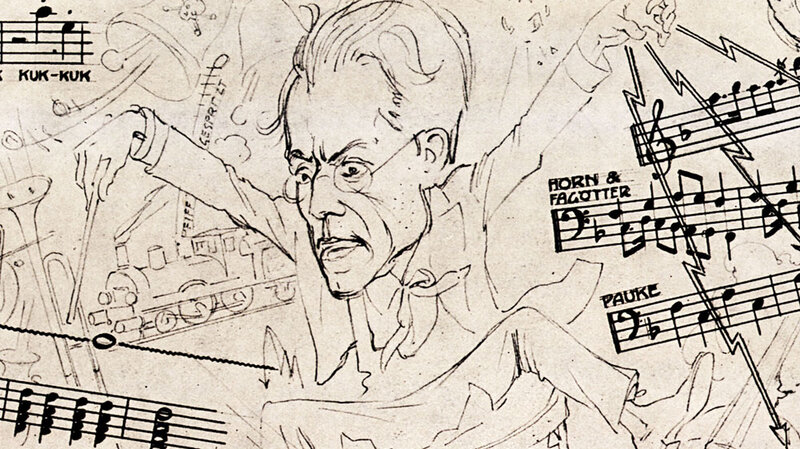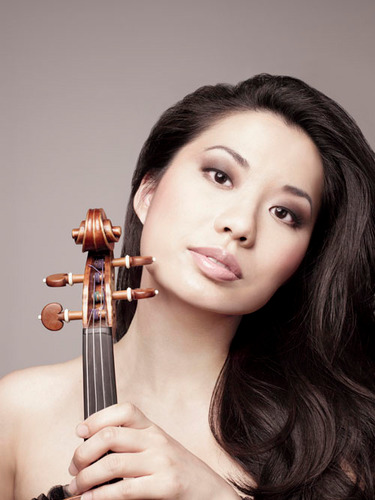
The world today is becoming more aware of the health benefits of the vegetarian/vegan diet. As a vegan, I strongly believe the saying, "we are what we eat," in the sense that the foods we feed our body will directly translate into how we feel, perform, and act.
I decided to research if the vegetarian lifestyle had any influence on classical musicians and composers, and was surprised at what I found...
Apparently Richard Wagner, german composer, was a vegetarian, and promoted the lifestyle in his book "Religion un Kunst (Religion and Art)", in the Bayreuther Blatter as well as in separate essays.
Wagner influenced Gustav Mahler and Alexander Scriabin to become vegetarian, who was also a part of the 1st All Russia Vegetarian Congress.
Mahler wrote the words below to a friend:
"For
the last month I have been a total vegetarian. The moral effect of this way of
life, with its voluntary castigation of the body, is enormous. I expect nothing
less than the regeneration of mankind. I advise you to eat suitable food
(compost-grown, stone-ground, wholemeal bread) and you will soon see the fruit
of your endeavors."
Yehudi Menuhin, American
born violin virtuoso was a passionate vegetarian. He was also
a committed supporter of many social and environmental causes.
Knowing just how influential the vegetarian/vegan diet was in the lives of some the most well known and respected musicians, I am inspired to continue my passion of supporting animal rights and the vegan lifestyle in order to enrich my health and life as a musician.



